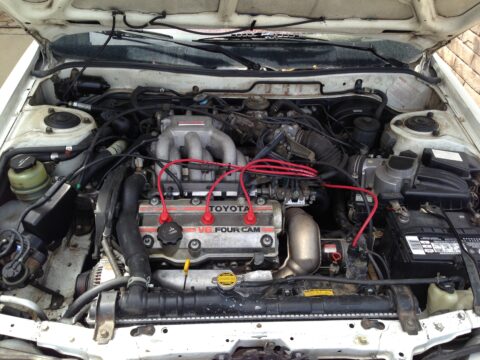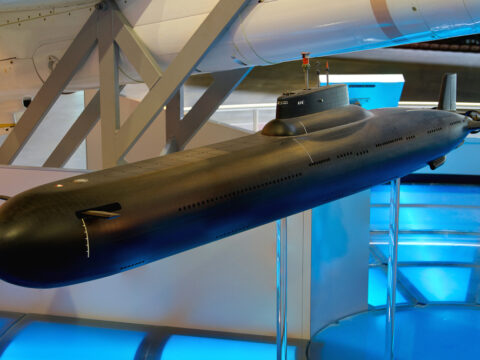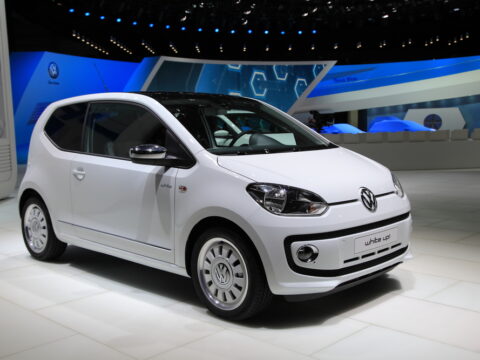Yacht design and engineering have seen remarkable progress in recent years, bringing about innovations that enhance performance, sustainability, and luxury. These advancements not only improve the overall yachting experience but also set new standards for what modern yachts can achieve. Here are 14 significant advancements that are shaping the future of yachting.
Contents
Foiling Technology
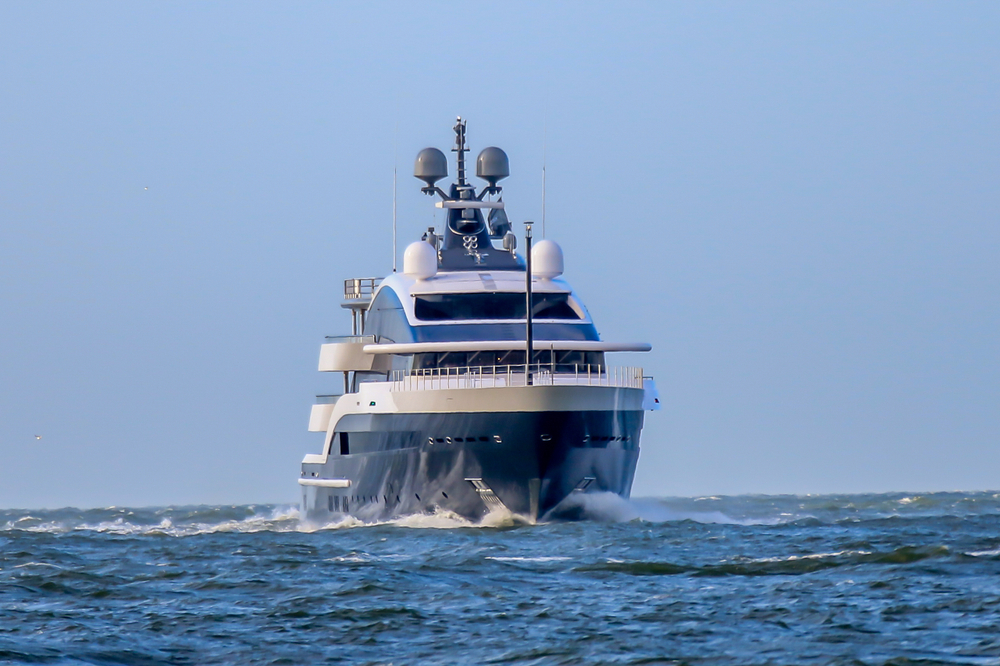
Foiling technology has revolutionized yacht design by allowing vessels to lift above the water, which significantly reduces drag and increases speed. Originally popular in competitive sailing, this technology is now being integrated into luxury yachts, enhancing both performance and fuel efficiency. Not only does it improve speed, but it also stabilizes the yacht in choppy waters, providing a smoother ride for passengers.
Hybrid Propulsion Systems
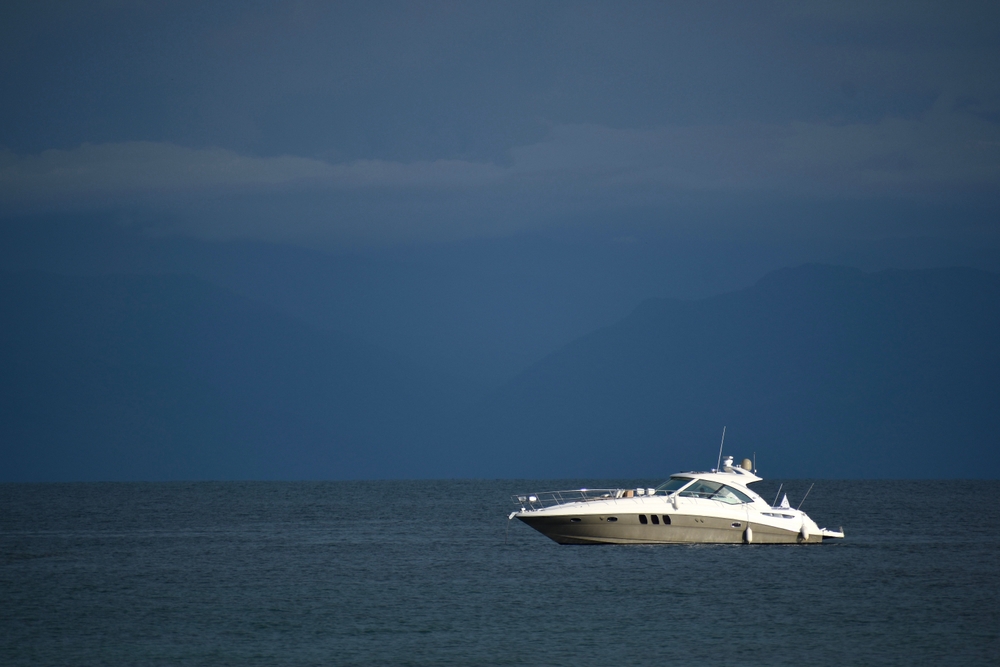
Combining traditional engines with electric motors, hybrid propulsion systems have emerged as a pivotal advancement in yacht engineering. These systems allow yachts to switch to electric mode in environmentally sensitive areas, which helps reduce fuel consumption and environmental impact. The dual power source offers not just fuel efficiency, but also an extended range, meeting the rising demand for eco-friendly yachting solutions.
Autonomous Navigation Systems
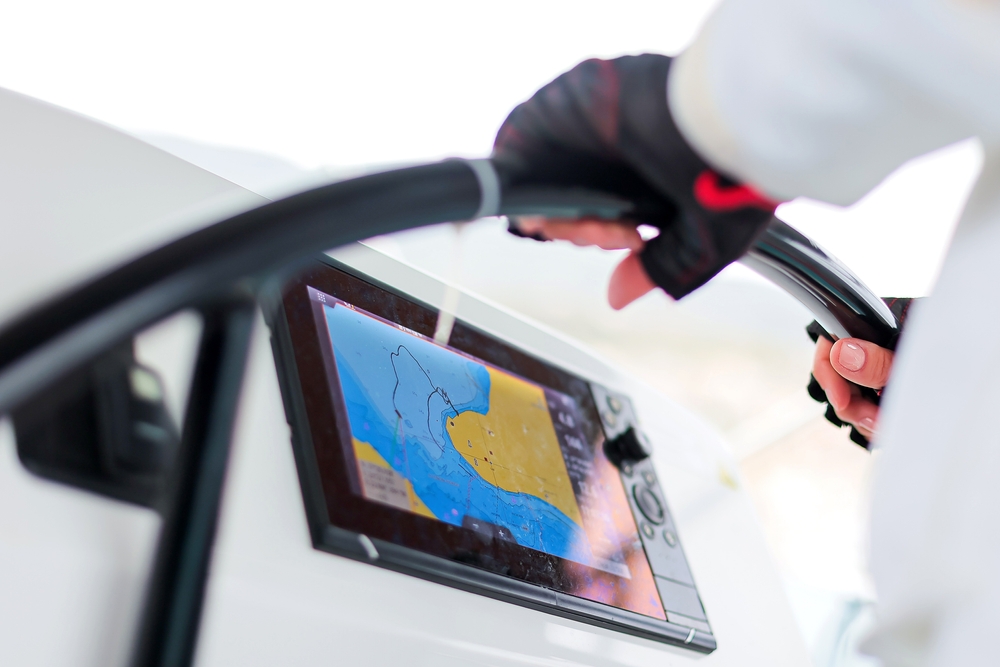
The integration of autonomous navigation systems represents a major leap forward in safety and convenience. Utilizing advanced sensors, GPS, and AI, these systems assist with route planning, collision avoidance, and docking. While full autonomy is still evolving, current systems significantly enhance the safety of long voyages and make navigation easier for less experienced sailors. This technology is rapidly becoming a standard feature in luxury yachts.
Advanced Composite Materials
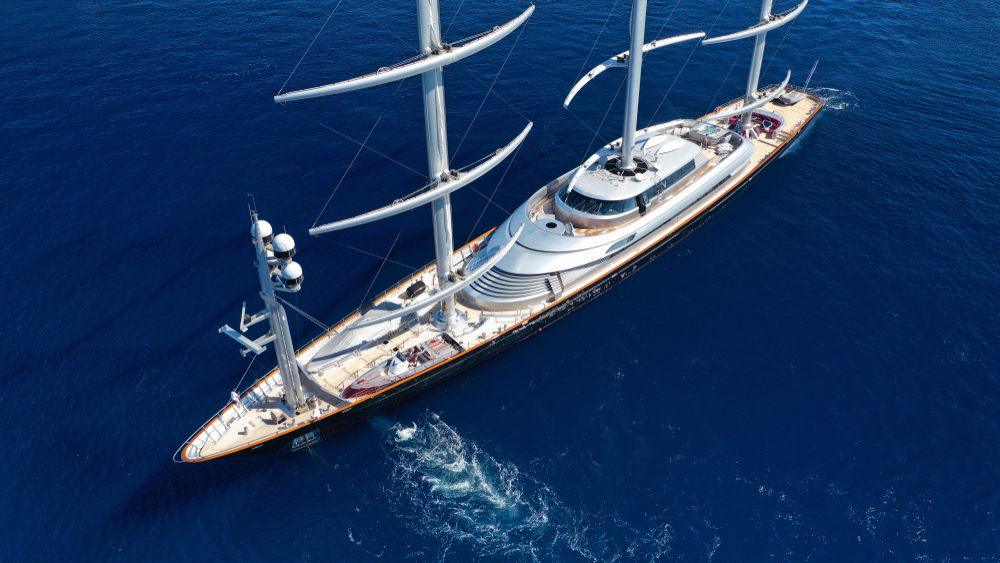
Yacht construction has been transformed by the use of advanced composite materials like carbon fiber and Kevlar. These materials offer a superior strength-to-weight ratio, which results in lighter, more durable hulls that improve speed and fuel efficiency. In addition to their lightweight properties, these composites also provide enhanced resistance to corrosion and impact, extending the lifespan of the vessel.
Solar Power Integration

Integrating solar power into yacht design has brought about significant changes in energy management. Modern solar panels, which are lightweight and flexible, now provide supplemental power for onboard systems. This reduces the yacht’s reliance on fossil fuels, lowering both operational costs and the carbon footprint. Solar power integration aligns with the growing trend toward sustainability in the yachting industry.
Smart Glass Technology
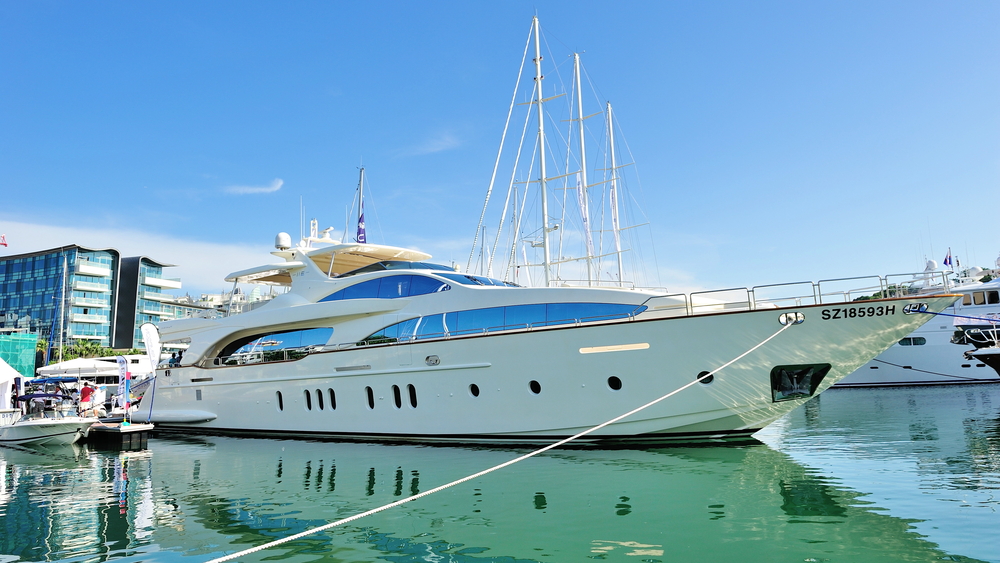
Smart glass technology has emerged as a versatile feature in modern yachts. Offering adjustable transparency and tinting, smart glass enhances privacy, reduces glare, and helps regulate interior temperatures by controlling sunlight exposure. This technology not only contributes to energy efficiency but also allows for a customizable onboard environment, which greatly improves passenger comfort. Smart glass is becoming a standard in luxury yacht design.
Advanced Stabilization Systems
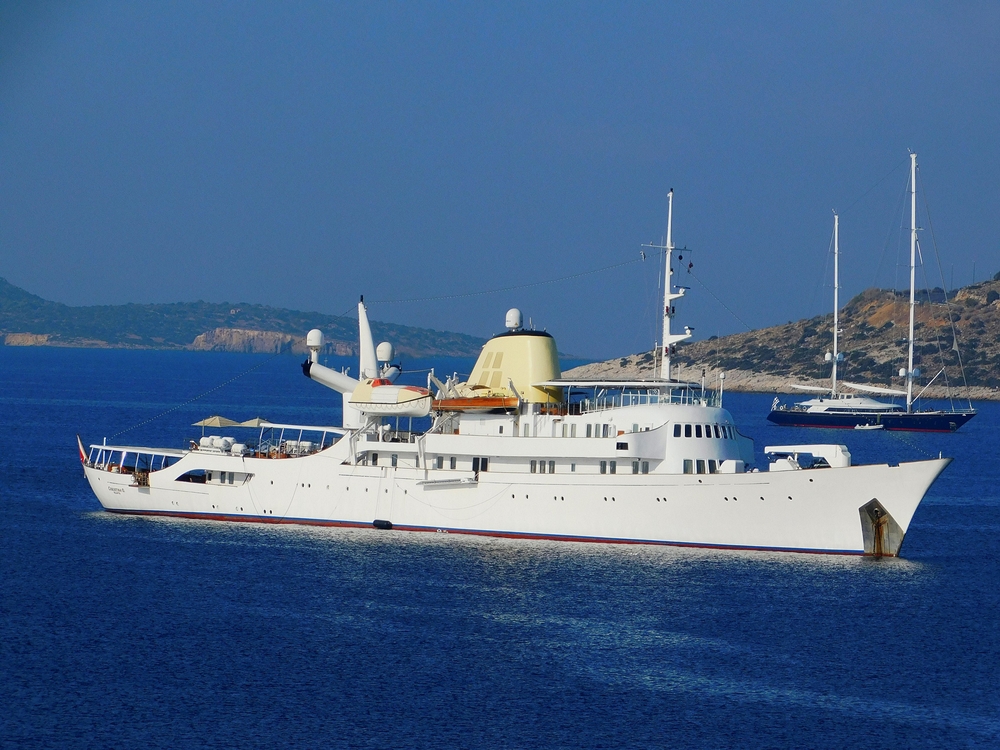
Advanced stabilization systems have dramatically improved onboard comfort by minimizing the roll caused by waves. Technologies such as gyroscopic stabilizers and active fin systems keep yachts stable even in rough seas. This reduces motion sickness and enhances overall safety, making them essential for luxury yachts. The ability to ensure a smooth ride under varying conditions has made stabilization systems a must-have feature.
Lightweight Interior Materials
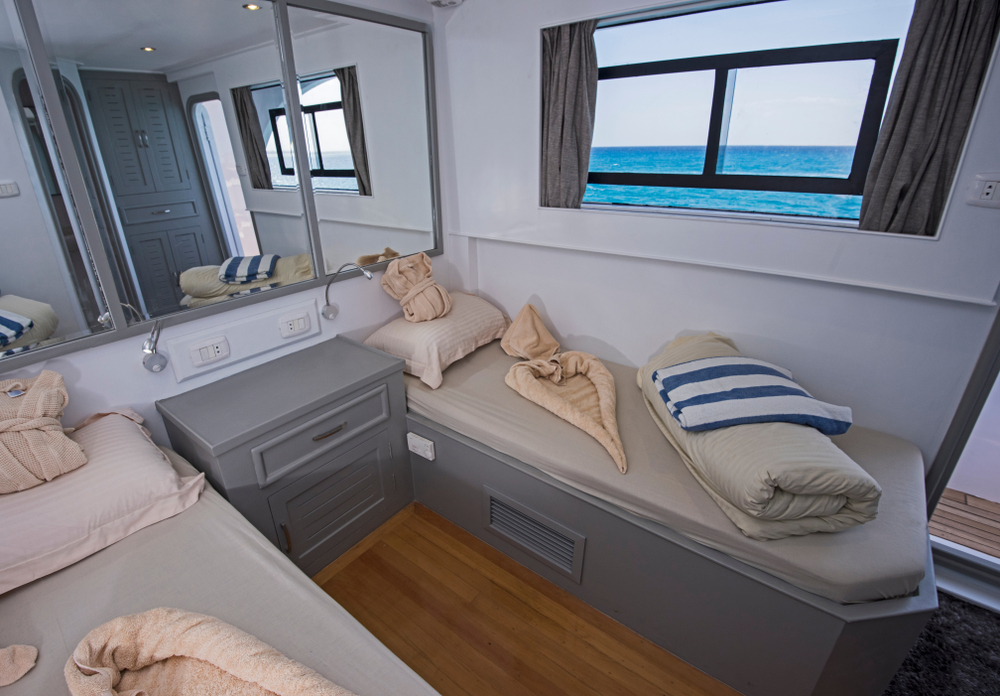
The use of lightweight materials for interior fittings and furnishings has allowed yacht designers to significantly reduce overall weight without sacrificing luxury. Innovations such as honeycomb-structured materials and high-strength aluminum have enabled the creation of elegant interiors that contribute to better fuel efficiency. These materials also offer improved durability and ease of customization, making them a preferred choice for modern yacht interiors.
Retractable Roof Systems
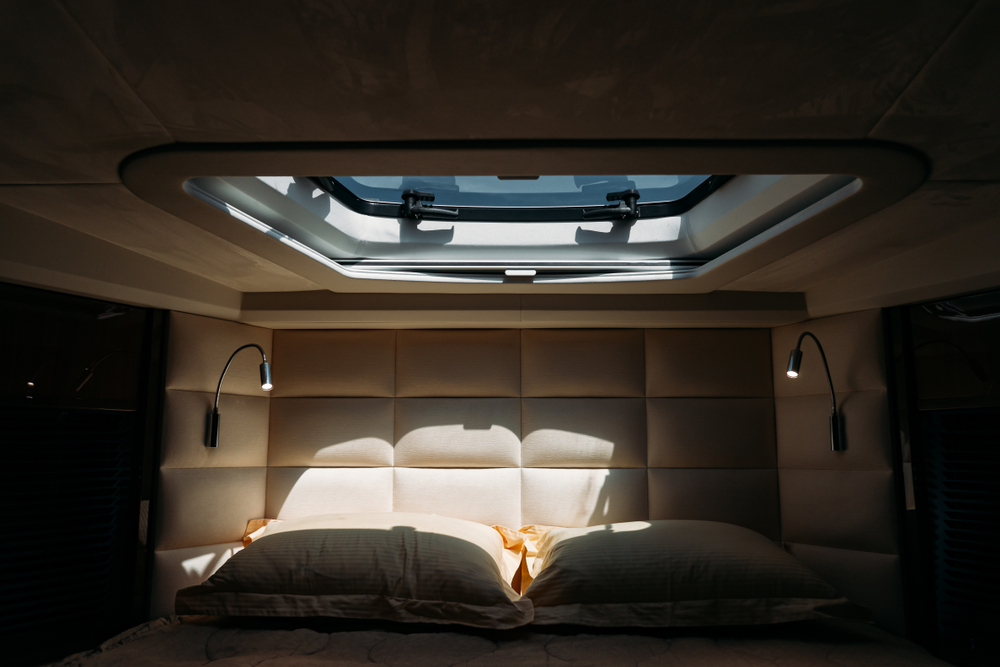
Retractable roof systems have added a new level of versatility to yacht design, allowing for dynamic outdoor living spaces. These roofs can be opened or closed depending on weather conditions, offering the option for sunbathing or stargazing while providing shelter when needed. This adaptability reflects the growing demand for multi-functional spaces on yachts. Consequently, retractable roofs have become a popular feature in luxury yacht construction.
Enhanced Hull Designs
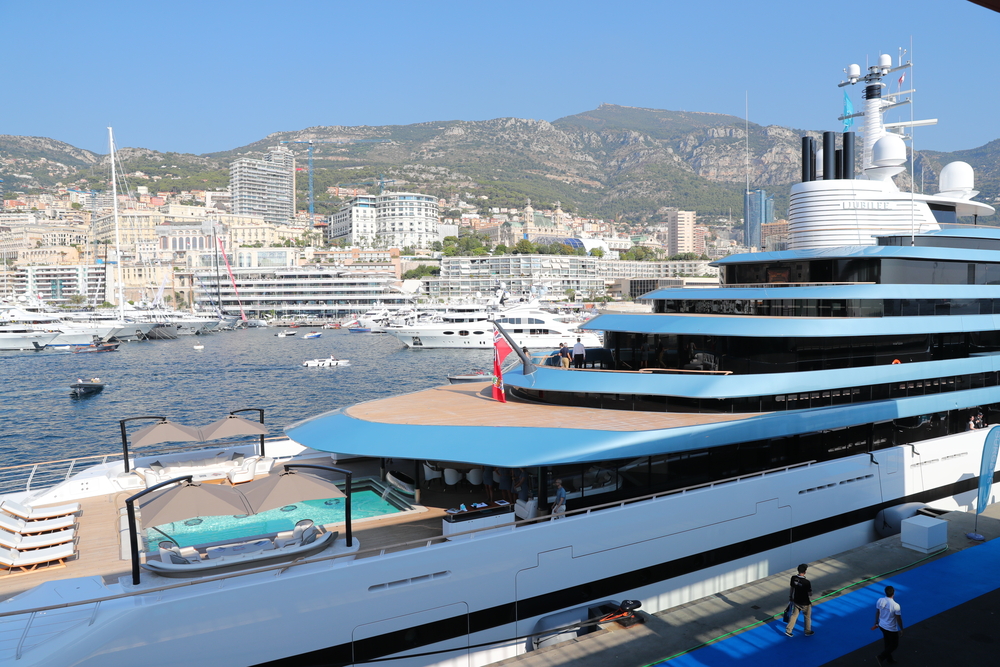
Innovative hull designs, such as wave-piercing and reverse bows, have significantly improved yacht performance. These designs reduce drag and enhance stability, allowing for smoother rides at higher speeds. By optimizing hull shapes, designers have improved fuel efficiency, making yachts more sustainable and cost-effective. These advancements in hull design are now standard in high-performance yachts.
Electric Jet Propulsion
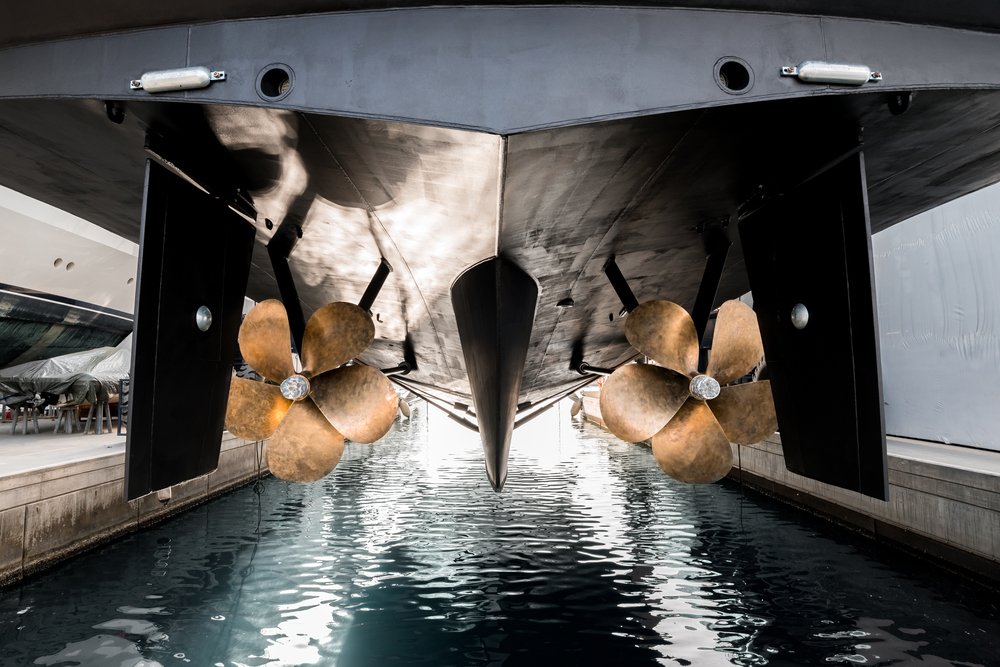
Electric jet propulsion has introduced quieter and more efficient propulsion methods in yachts. This technology, which reduces noise pollution, is especially beneficial in sensitive marine environments. In addition to being environmentally friendly, electric jet propulsion improves maneuverability, making it ideal for navigating tight spaces and shallow waters. It represents a significant shift toward sustainable yacht propulsion.
Modular Interior Design
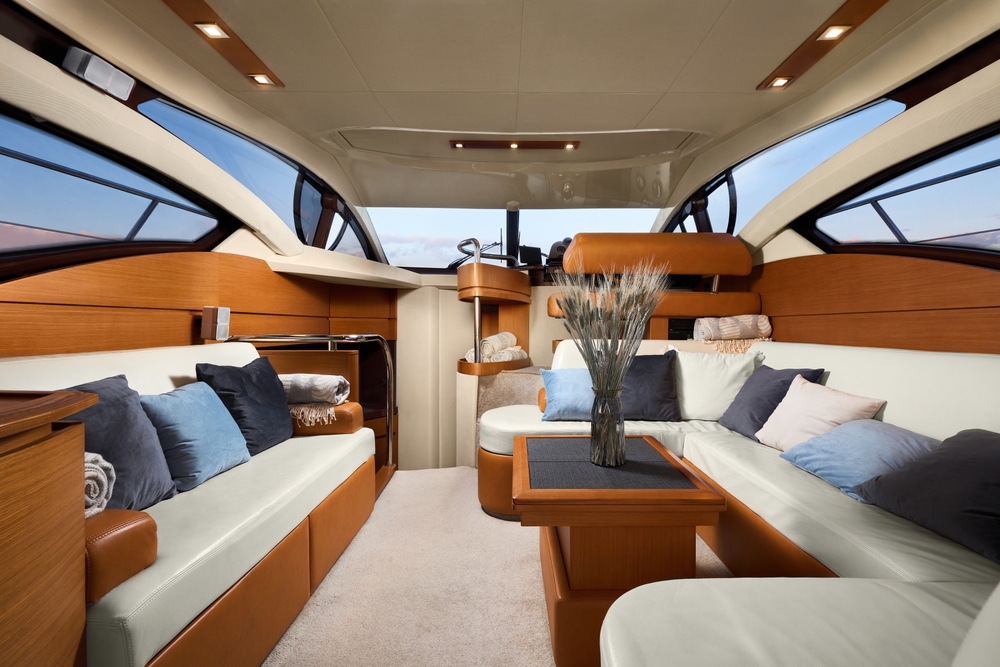
Modular interior design offers unprecedented flexibility in yacht interiors. This design approach allows spaces to be reconfigured to suit different needs, such as converting a lounge into additional guest cabins. The ability to adapt spaces on demand maximizes the functionality of yachts, making modular design a popular choice for modern yacht owners. This innovation aligns with the growing desire for customization in yacht design.
Enhanced Security Systems
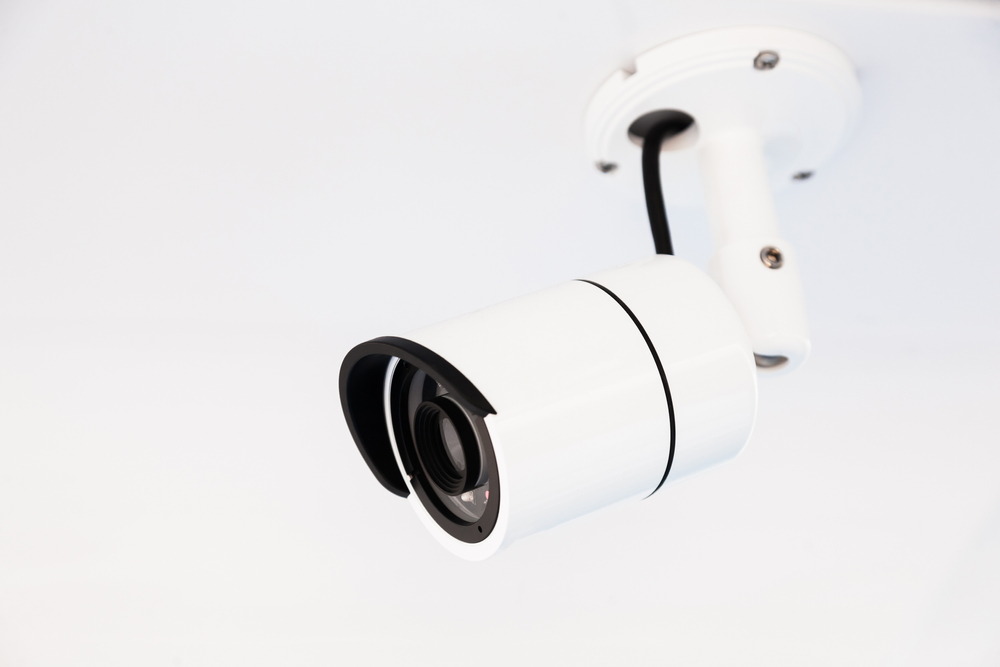
Enhanced security systems have become essential features in modern yachts, ensuring the safety of owners and guests. These systems include advanced surveillance cameras, motion detectors, and biometric access controls that protect against unauthorized access and potential threats. Integrating these technologies provides peace of mind, especially when yachts are anchored in remote or unfamiliar locations. Security has become a critical consideration in yacht design.
Advanced Air Conditioning Systems
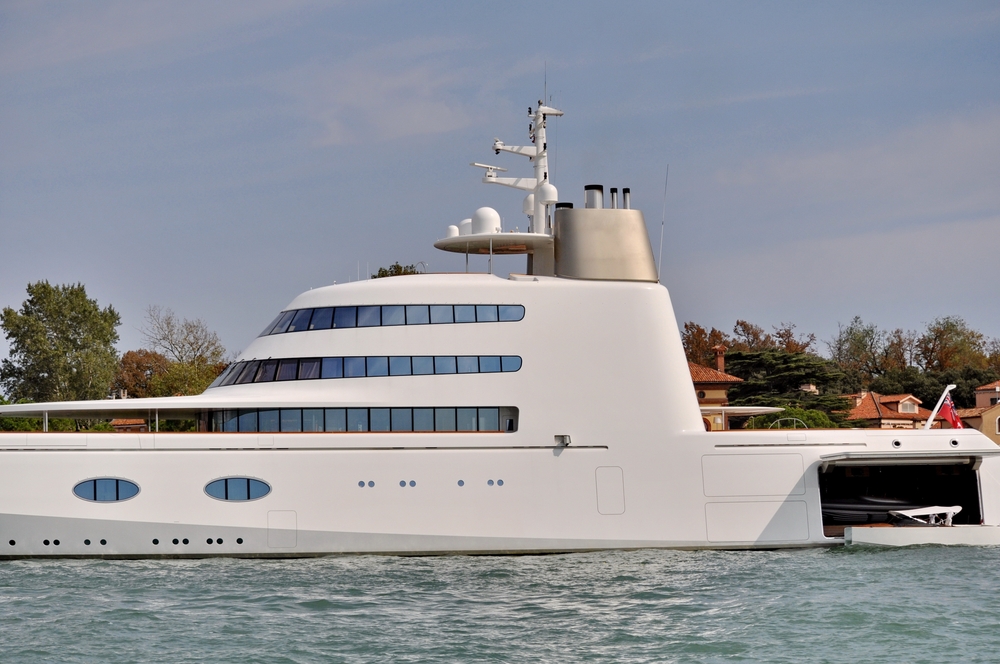
Advanced air conditioning systems have improved the comfort and energy efficiency of modern yachts. These systems use variable refrigerant flow (VRF) technology and smart thermostats to provide precise temperature control while minimizing energy consumption. Maintaining a consistent, comfortable environment in varying climates is essential for luxury yachts. These advanced systems have become a standard feature in high-end yacht design.
This article originally appeared on MyCarMakesNoise.
More from MyCarMakesNoise
20 Car Features From the Past That Aren’t Coming Back
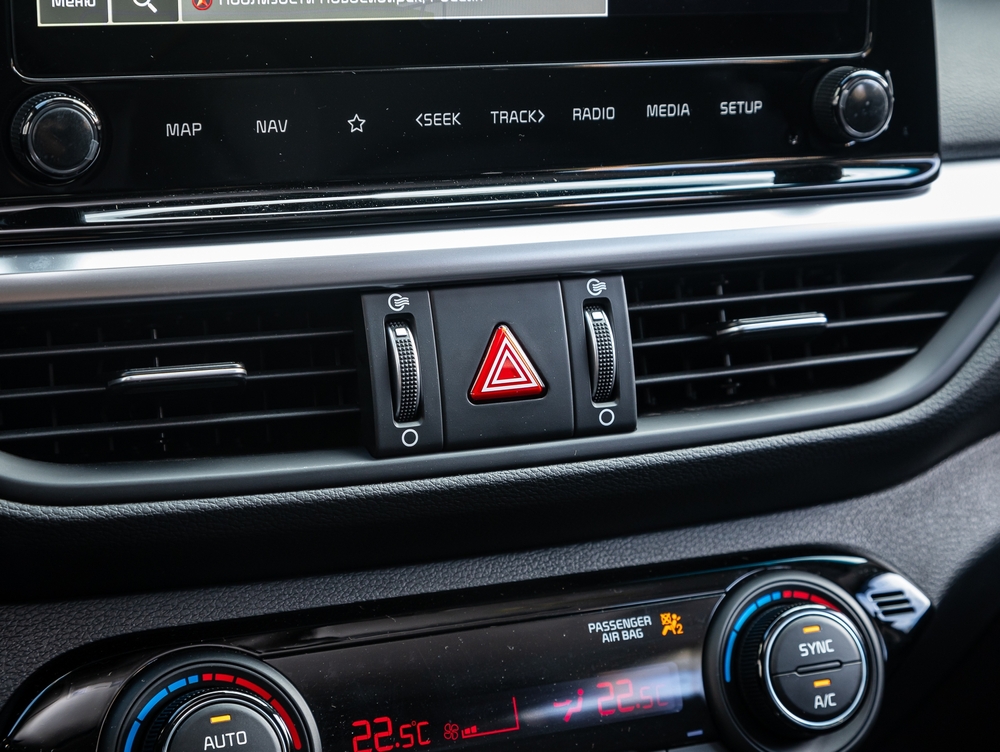
As technology advances and car designs evolve, many beloved features from older vehicles have become relics of the past. From bench seats to manual door locks, these nostalgic elements have been replaced by modern innovations that prioritize safety, efficiency, and convenience. Read More.
15 Compelling Reasons to Postpone Your Electric Car Purchase
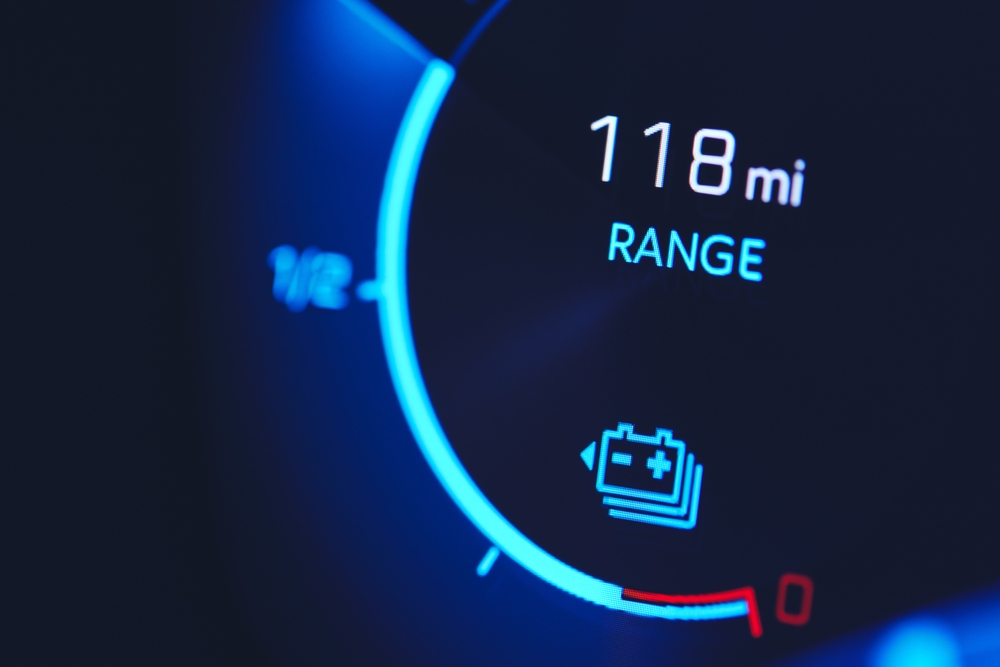
Thinking about making the switch to an electric car? While the idea is exciting, there are a few important factors to consider before making the leap. In this article, we’ll explore 15 compelling reasons why you might want to hold off on purchasing an electric vehicle just yet. Read More.
20 Classic Cars That Embody the American Spirit
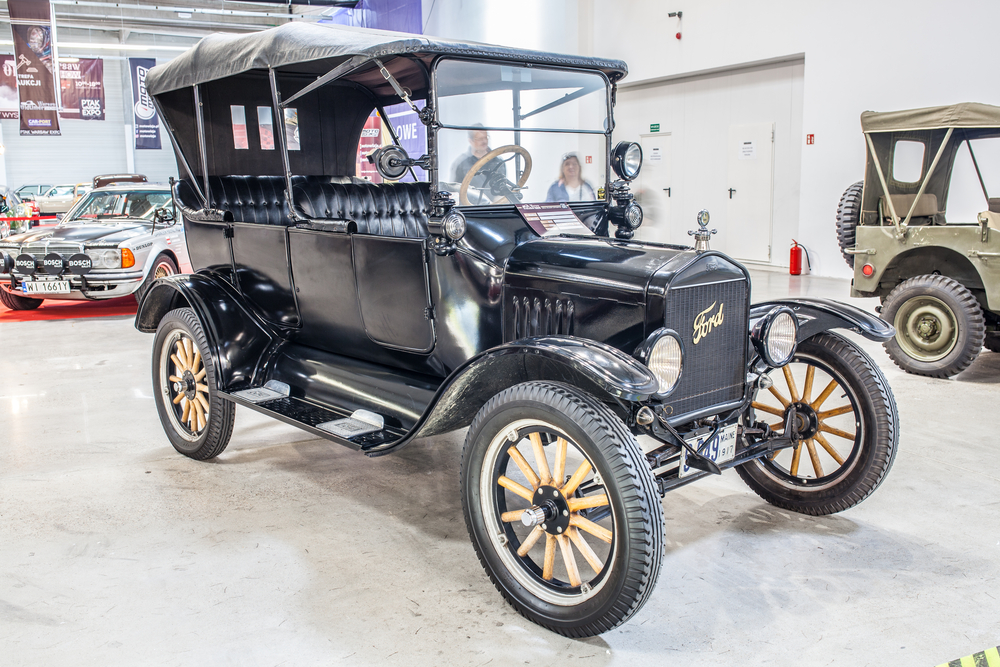
The American Dream has always been closely tied to the open road, where freedom, innovation, and style come together. Over the decades, certain cars have become icons, capturing the essence of this dream and symbolizing the spirit of a nation. Read More.

